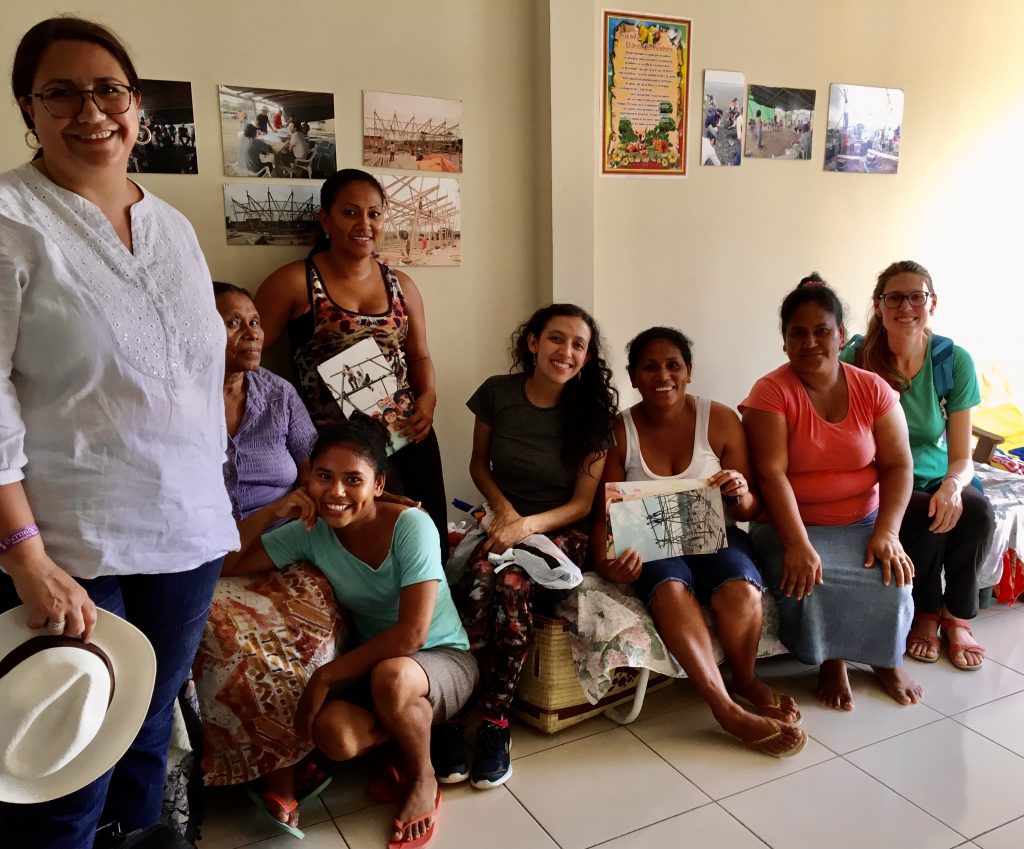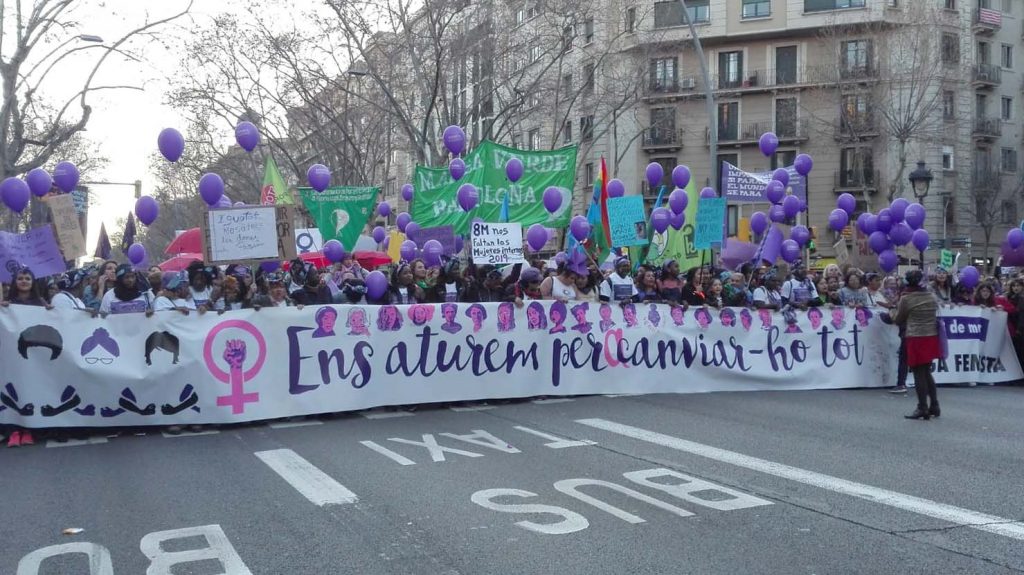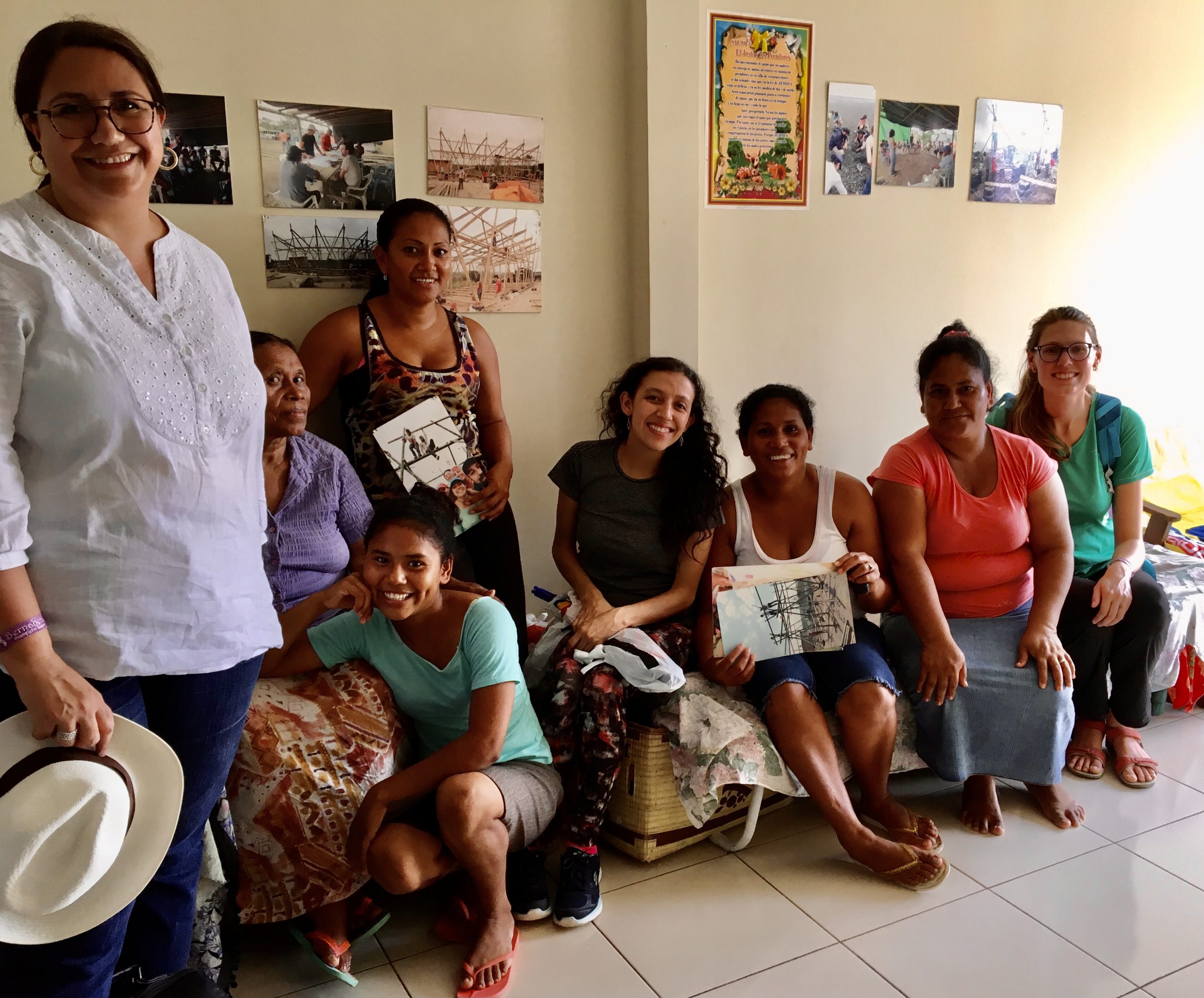An article by Dr. Carmen Mendoza Arroyo and Dr. Apen Ruiz Martinez
Gender is a social category that permeates every aspect of human life. Gender shapes how communities, institutions and livelihoods are organized: the distribution of productive and reproductive activities, access to resources, power, money, and land, and it also mediates the use of social services.

Engendering disaster, conflict and displacement is not about adding women to existing scenarios, but to acknowledge how gender is an invaluable research category that offers new and necessary insights in the understanding of disaster, conflict, displacement, migration, resilience, and recovery of human societies in the face of current global catastrophes. A gender perspective in research is by definition transdisciplinary and advances participatory methodologies and co-design practices since it recognizes women’s own perspectives and experiences as sources of knowledge. This perspective facilitates an understanding of how disasters, conflict and migration impact differently men, women and non binary people. Consequently, it urges for an analysis of existing social and gender inequalities as a necessary step towards the prevention and mitigation of disasters.
Moreover, a gender perspective is also an invaluable tool in the elaboration of design policies and coping strategies that engage with sites and communities disrupted by conflict and disaster, especially when they affect housing and urban environments. It is well known that most recovery is developed by families and local communities, in such scenario’s women are major, but usually invisible actors that have a practical knowledge of the functioning of homes and household needs. In this sense, plans and policies should include existing gender roles in local communities and the voices and experiences of women to successfully design long term strategies and recovery plans that tackle collective health and well-being.

As we have sadly seen in the last days with the war in Ukraine (but previously in Syria, Afghanistan, Iraq, Ethipia, etc. ) the impact of conflict is often measured by casualties, the majority of whom are men and boys. But the consequences for women, girls and non-binary people are always more insidious, and may not be immediately visible, and go beyond physical sexual violence. In this moment more than ever it is important to recuperate the genealogy of feminist scholars such as Cyntia Enloe or the women of Greenham Common who among others tell us that wars, militarism, or patriarchy does not bring peace security or freedom, but world destruction. Research agendas should be able to understand how to define gender-sensitive interventions in conflict, post disaster and refugee scenarios, that recognize and single out women´s vulnerabilities and rights. Moreover, more research and media focus should be devoted to highlighting the existing commitment of women towards peace, not because we are “by nature” more peaceful, but because as feminist women, we understand how care activites are central to the sustainability of our lives and the planet, and war is about destruction. Finally, gender vulnerability in conflicts and disasters should be seen as an intersection of gender relations, global development and environmental hazards and not as essential aspects of women.

